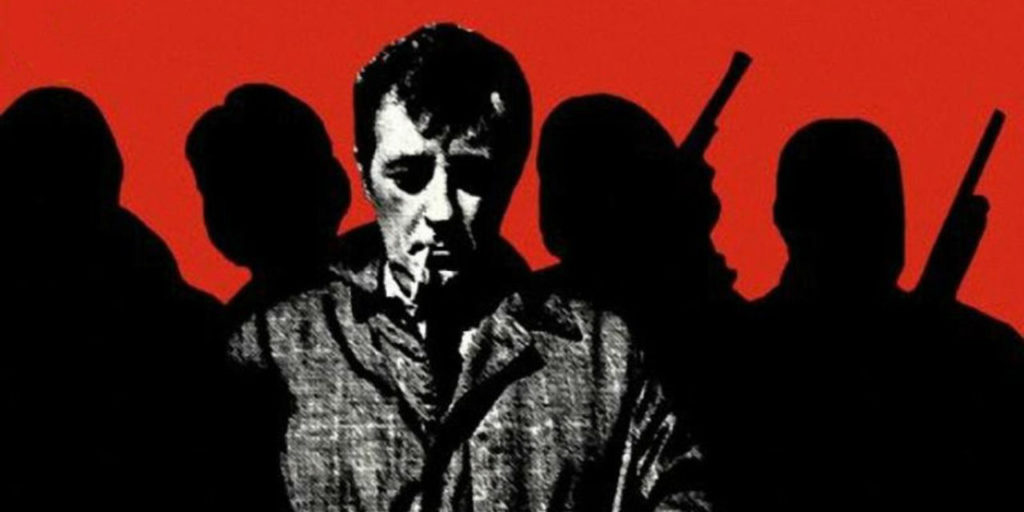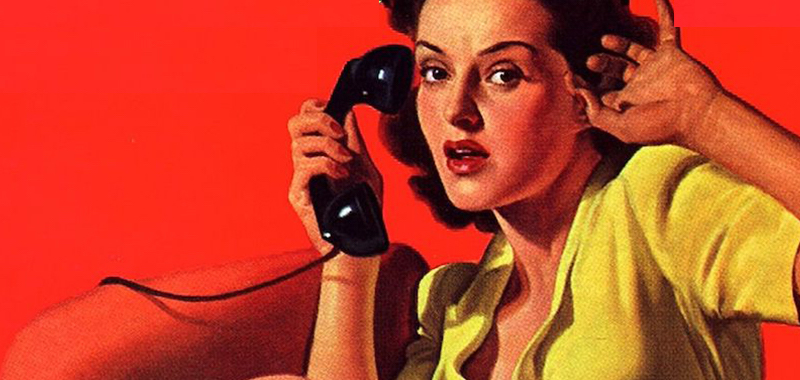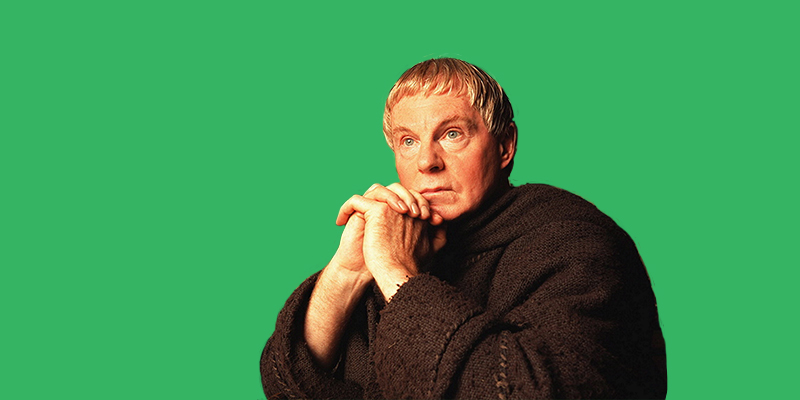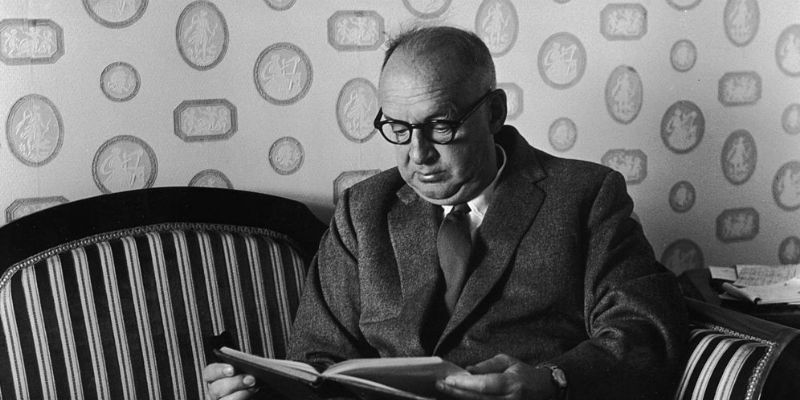From essays to interviews, excerpts and reading lists, we publish around 80 features a month. And though we’re proud of each day’s offerings, we do have our personal favorites. Below are some of our favorite pieces of writing from the month at CrimeReads.
Sara Gran: My Best Friends Are Books
Sara Gran, known in the crime fiction community as a writer’s writer, here rounds up six of the books that have made the most impact on her own writing. I love how eclectic this list is, and especially the shout-out to The Shoot Horses, Don’t They?, one of my all-time favorites, and up until now, probably never before included on a list that also prominently features Rex Stout and Maggie Estep. Gran writes that “Here are some of my best friends, and the crime writing lessons I learned from them; I hope these introductions will make new friendships, and I hope these friendships will serve you as well as they’ve served me.” Her love of books as more than impersonal objects gets to the heart of our emotional attachment to our libraries, and I think most readers can relate to her object-love, and the emotional fulfillment we can get from stories. (Molly Odintz)
Tod Goldberg, A Life of Crime Fiction and Gangster Rap
In this essay, Goldberg draws the connection between the crime novels he grew up with—greats like Elmore Leonard and Lawrence Block—and the gangsta rap coming out of the West Coast in the late 80s and early 90s, in particular NWA and Ice Cube’s iconic opening line: “Straight outta Compton, crazy motherfucker named Ice Cube.” “This wasn’t a third-person story anymore,” Goldberg writes, “nor was there any equivocation, instead, this was a first person narrator telling you that he was a crazy motherfucker, which tells the listener, in seconds, that anything can happen.” Goldberg frames rap as an evolutionary crime fiction and grapples with his own audio history, from the thrill of bumping NWA during a summer job on a golf course to his adult reckoning with hip hop’s misogynistic threads. This is one of those essays that takes you in a dozen directions you didn’t see coming, each one an insight into an art form and an individual. (Dwyer Murphy)
Scott Von Doviak, How George V. Higgins Invented the Boston Crime Novel
I once went to a fiction workshop where the author leading the workshop used the first chapter of The Friends of Eddie Coyle as his example of the best crime opener of all time. I think everybody who’s read the book will understand why I still wince at the memory, but the outsized impact of this novel is more about the many works influenced by it than the many readers scarred by the terrible things that happen to hands in this scene. Here, Scott Von Doviak examines how this dialogue-heavy hard-boiled tale of petty criminals and their woes helped set the tone for many a Boston crime novel to come. (Molly Odintz)
The State of the Crime Novel: A Roundtable Discussion (Part 1)
Just before Bouchercon, the mystery world’s annual conference, Molly Odintz got the nominees for this year’s batch of awards together (digitally) for a roundtable discussion on the state of the crime novel, the issues facing the genre today, and some other, slightly more far-flung questions, like what should a writer do when cornered at a party by someone who says they have a great idea for a novel. The conversation is just packed full with insight, and the panelists—from Attica Locke to Louise Penny to Alex Segura to Kellye Garrett—represent to my mind the very best of what crime fiction is and can be. This is a must-read piece, by any measure. (Dwyer Murphy)
Levi Stahl, Brother Cadfael: An Appreciation
Look, I wasn’t expecting to finish this piece and to be completely convinced that I need to go out and buy a bunch of books about a twelfth century crime-solving monk who was also adapted for television by Derek Jacobi. Nothing against Cadfael, I just didn’t think he was my cup of tea. And then I read Levi Stahl’s homage to the long-running, now-concluded Ellis Peters series, and it was so deeply felt, so powerfully written, that I thought, you know what, I have to read that. That kind of discovery is such a great feeling for a reader, and I really owe Stahl one. He also convinced me, with this line, that historical cozies might actually be my new bag: “The cozy, for us, can only ever be a temporary escape, a way of ever-so-gently girding our loins for the real-world battles it temporarily lets us forget.” I’ve been underestimating a whole area of literature, like a fool. (Dwyer Murphy)

Benet Brandreth, The Murderous Playwrights of Elizabethan England
Benet Brandreth, Q.C., works as the rhetoric coach for the Royal Shakespeare Company when he’s not writing historical crime fiction featuring the Elizabethan demimonde. In this article, he looks at the many badly behaved playwrights of the 16th century, and their seemingly endless duels. While some of these stories are more verifiable than others, they are all equally entertaining. Brandreth brings up every well-known playwright of the era, including Ben Jonson, William Shakespeare, and of course, Christopher Marlowe. I love it when figures that have been placed on a pedestal are portrayed in their more complicated roles as humans. Brandreth’s playwrights are motivated by greed, vengeance, pettiness, and rage, and ready to be gossiped about, not just venerated. (Molly Odintz)
Sarah Weinman, Did Nabokov Really Hate Crime Fiction?
If there’s one writer whom I love to see retroactively cross-examined, it’s Nabokov, in large part because he insisted on holding such provocative opinions that seemed to be in tension, if not outright conflict, with his own work. (Case in point: his lifelong lambasting of Dostoevsky.) Here, none other than Sarah Weinman, who has recently written the book on the Sally Horner case that influenced and informed the writing of Lolita, takes on Nabokov’s oft-claimed disdain for crime fiction and mysteries, and asks whether the author, in his protests, actually revealed his true feelings toward the genre. (Dwyer Murphy)























